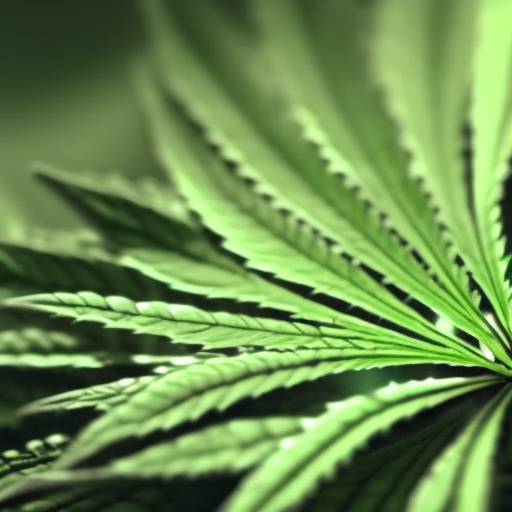
Epilepsy is a neurological condition characterized by abnormal brain activity that leads to seizures. With millions of adults and children affected by epilepsy worldwide, it is a significant public health concern. While most individuals with epilepsy can effectively manage their symptoms with anti-epileptic medications, a portion of patients experience refractory epilepsy, where medication fails to control seizures. In recent years, medical cannabis has emerged as a potential treatment option for these patients.
According to a comprehensive report released by the National Academies of Sciences, Engineering, and Medicine in 2017, the current evidence regarding the effectiveness of cannabis in treating epilepsy is insufficient. The report examined numerous studies and concluded that there was not enough evidence to support or refute the use of cannabinoids as an effective treatment for epilepsy. This conclusion sparked controversy and criticism from experts in the field, who argued that the report did not consider all available evidence.
Since the publication of the report, further research has shed light on the potential benefits of cannabis in treating epilepsy. One study focused on cannabidiol (CBD), a cannabinoid found in cannabis, and its effect on epileptic seizures in children. The study found that oral CBD treatment resulted in a significant reduction in seizure frequency for children with Lennox-Gastaut syndrome and dissociative seizures compared to those taking a placebo. However, some participants experienced negative side effects such as diarrhea.
Another study evaluated the use of a combination of CBD and tetrahydrocannabinol (THC) cannabis oil in children with Dravet syndrome. The results showed a substantial decrease in seizure frequency over a 20-week period. Adverse effects such as fatigue, anorexia, and diarrhea were observed but did not lead to participant withdrawal from the study.
The potential benefits of cannabis in treating epilepsy have garnered attention worldwide. In the United Kingdom, high-profile cases like Alfie Dingley and Billy Caldwell, who experienced significant improvements in their conditions with medical cannabis, contributed to the legalization of medicinal cannabis. These patient stories have highlighted the need to consider anecdotal evidence alongside scientific research.
Despite these promising findings, some health bodies express caution due to limited and low-quality research supporting cannabis as an epilepsy treatment. The National Health Service (NHS) in the UK stated that the current evidence did not warrant a practice recommendation. However, a separate review by NHS England emphasized the importance of considering children’s experiences on medicinal cannabis as evidence of its efficacy.
In conclusion, while the scientific evidence regarding medical cannabis and epilepsy is still evolving, recent studies have shown promise in reducing seizure frequency in patients with refractory epilepsy. It is crucial for further research to be conducted to determine the optimal use and dosage guidelines for cannabis-based treatments. Considering both scientific evidence and patient experiences will provide a more comprehensive understanding of the potential benefits of medical marijuana in treating epilepsy.

